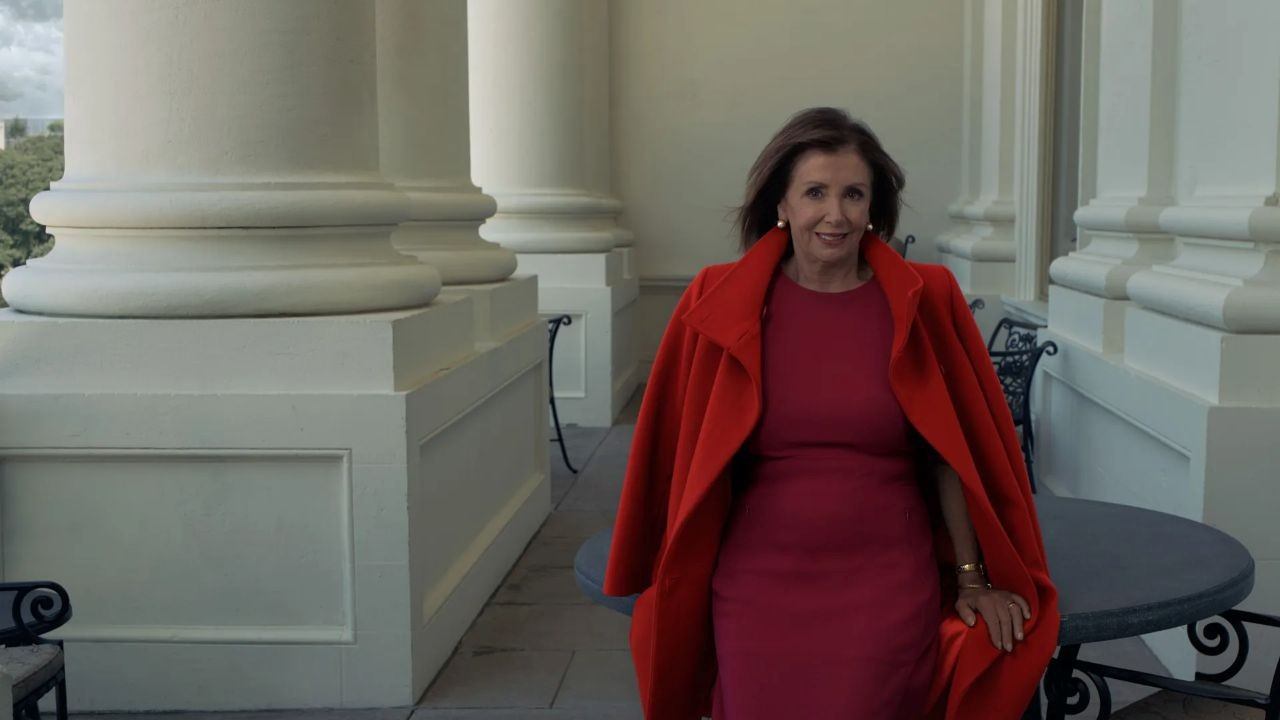Unveiling the Enigma: Nancy Pelosi’s 2024 Investment Portfolio and the Ethical Crossroads
The Numbers Tell a Story: A Portfolio That Defied Expectations
In 2024, Nancy Pelosi’s investment portfolio became a focal point of financial and political discourse, revealing a performance that left both Wall Street and Main Street in awe. The numbers, though varying slightly across reports, painted a striking picture. Her portfolio’s growth ranged from an impressive 54% to a staggering 70.9%, a figure that not only outpaced the S&P 500’s 24.9% return but also left the average hedge fund’s 10.7% gain in the dust. This extraordinary performance raised eyebrows and sparked a national conversation about the intersection of politics and personal finance.
The financial disclosures revealed that Pelosi’s net worth could have reached as high as $413 million, with gains ranging from $7.8 million to $42.5 million over the course of the year. These figures, while impressive, also ignited a debate about the ethical implications of congressional trading and the potential for conflicts of interest. The stark contrast between her portfolio’s performance and that of professional investors fueled speculation and intensified scrutiny.
The Anatomy of Success: Decoding the Portfolio’s Composition
While the full details of Pelosi’s investment strategy remain shrouded in some mystery, glimpses into her portfolio’s composition offer insights into the factors driving her success. Technology stocks, particularly call options in companies like NVIDIA, emerged as a significant contributor to her gains. The semiconductor industry’s surge, propelled by the demand for artificial intelligence and data center technologies, provided a fertile ground for substantial returns.
Pelosi’s investments in renewable energy and electric vehicle companies also aligned with broader market trends and government initiatives promoting green technologies. These sectors, buoyed by innovation and policy support, likely contributed to her portfolio’s robust performance. Additionally, the involvement of her husband, Paul Pelosi, a venture capitalist, added another layer to their investment strategy. Venture capital investments, known for their high-risk, high-reward nature, may have played a pivotal role in their financial success.
The Ethical Dilemma: Insider Trading and the Erosion of Public Trust
The remarkable performance of Pelosi’s portfolio inevitably triggered a contentious debate about potential conflicts of interest and the ethical implications of congressional trading. At the heart of the debate lies the concern that lawmakers may have access to non-public information that could inform their investment decisions, granting them an unfair advantage over the general public.
Critics argue that even the perception of impropriety can undermine public trust in government. When lawmakers appear to be profiting from their positions, questions arise about whether they are prioritizing their own financial interests over the needs of their constituents. The fact that Pelosi’s portfolio significantly outperformed market benchmarks and professional investors has only intensified these concerns.
Defenders of congressional trading contend that lawmakers are subject to the same insider trading laws as other investors. They argue that as long as trades are properly disclosed and comply with existing regulations, there is no inherent ethical problem. Some also suggest that restricting lawmakers’ ability to invest could discourage qualified individuals from seeking public office.
Despite these arguments, the perception of unfairness persists, and there is growing public support for stricter regulations on congressional trading. The idea of banning members of Congress from buying and selling individual stocks has gained traction, with some lawmakers introducing legislation to that effect.
Beyond the Headlines: Factors Contributing to Portfolio Growth
While the debate over potential insider trading continues, it is essential to acknowledge that several factors could have contributed to the success of Pelosi’s portfolio, independent of any non-public information. Market timing, professional advice, long-term investments, and risk tolerance all play crucial roles in investment success.
Skilled investors can generate significant returns by making well-timed investment decisions, identifying undervalued assets, or anticipating market trends. Wealthy individuals often have access to sophisticated financial advisors and investment managers who can provide expert guidance. A long-term investment horizon can lead to better returns than short-term trading strategies. Additionally, a willingness to take on higher-risk investments can potentially lead to greater returns, although it also comes with the possibility of larger losses.
It is likely that a combination of these factors, along with Pelosi’s and her husband’s professional expertise, contributed to the impressive performance of her investment portfolio in 2024.
The Path Forward: Transparency and Accountability in Congressional Trading
Regardless of the specific factors that led to Pelosi’s investment success, the controversy surrounding her portfolio highlights the need for greater transparency and stronger ethical guidelines for members of Congress. Rebuilding public trust in government requires addressing the perception that lawmakers may be using their positions for personal financial gain.
One potential solution is to enact legislation that prohibits members of Congress from trading individual stocks. This would eliminate the potential for conflicts of interest and ensure that lawmakers are focused on serving the public good, rather than their own investment portfolios.
Another approach is to require more detailed and timely disclosure of financial transactions by members of Congress. This would allow the public to scrutinize lawmakers’ investments and identify any potential conflicts of interest.
Ultimately, addressing the issue of congressional trading requires a commitment to transparency, accountability, and ethical conduct. By taking steps to strengthen regulations and promote public trust, we can ensure that our elected officials are serving the interests of the people, not their own financial ambitions. The conversation surrounding Pelosi’s portfolio serves as a catalyst for a broader discussion about the ethical responsibilities of those in power and the measures needed to uphold the integrity of our democratic institutions.





